 |
| According to Minister of Home Affairs Pham Thi Thanh Tra, the lives of preschool and primary school teachers still face many difficulties. (Photo: Vu Minh Hien) |
Minister of Home Affairs Pham Thi Thanh Tra, on behalf of the Government, has just reported to the National Assembly on the implementation of a number of resolutions of the 14th National Assembly on thematic supervision and questioning and the National Assembly's Resolution on thematic supervision and questioning from the beginning of the 15th term to the end of the 4th session in the field of Home Affairs.
One of the notable contents reported by Minister Pham Thi Thanh Tra to the National Assembly delegates was the solution to the situation of local teacher surplus and shortage and teacher shortage at all levels due to the increase in student population and the implementation of subjects according to the new General Education Program.
Localities that have not been assigned enough quotas are allowed to sign contracts with teachers.
The Minister of Home Affairs said that Decision No. 72/2022 of the Politburo on the staffing of Party agencies, the Fatherland Front, socio-political organizations at the Central level and provincial Party Committees, city Party Committees, and Party Committees of centrally-affiliated blocs clearly stated the addition of public teacher staffing in 2022-2023 for each locality.
In order to promptly supplement the teacher payroll for the 2022-2023 school year and ensure compliance with Party regulations and laws on payroll management, the Government has assigned the Ministry of Home Affairs to thoroughly grasp and guide localities in effectively managing and using the assigned number of teacher payrolls; recruiting teachers within the payroll quota in accordance with regulations, ensuring the correct standards, job positions, and subject structure for each level of education.
At the same time, localities reorganize educational institutions in association with improving the quality of education; review, rearrange, and readjust class sizes; and reduce school locations based on the principle of convenience for people and suitability to the actual conditions of the region, area, and locality.
Along with that, it is necessary to improve the level of financial autonomy of public educational institutions, promote socialization of the education sector, especially socialization of preschool and primary education to reduce the number of civil servants receiving salaries from the state budget; strictly implement the streamlining of payroll and restructuring of civil servants.
According to the Minister of Home Affairs, the surplus or shortage of teachers in localities is an objective issue in the context of arranging and restructuring schools and classes, innovating general education programs, and improving standards for teaching staff, especially in some areas with a mechanical population increase, focusing on the development of many industrial parks, economic zones, and urban areas.
To overcome this situation, the Government promptly reported to the Politburo to supplement 65,980 teacher positions, of which 27,850 teacher positions were added for the 2022-2023 school year. For the 2023-2024 school year, the Government assigned the Ministry of Home Affairs to coordinate with the Ministry of Education and Training to review the surplus and shortage of teachers for each level of education to supplement the localities.
At the same time, the Government issued Decree No. 111/2022, which stipulates that localities that have not been assigned enough quotas will be allowed to sign contracts with teachers according to regulations, ensuring timely arrangement of sufficient human resources in public educational institutions.
In addition, the Ministry of Home Affairs has guided localities to develop plans to create additional sources of teachers at all levels, especially to strengthen training for preschool and primary school teachers and teachers of subjects in the 2018 General Education Program.
Teachers' lives are still difficult.
The Prime Minister assigned the Ministry of Home Affairs to thoroughly grasp and guide localities to continue to sign guest teaching contracts with teachers who meet the prescribed training standards; to research and submit to competent authorities mechanisms and policies to attract pedagogical students to return to their localities to teach after graduation; to attract excellent students graduating from teacher training majors or excellent students graduating from other majors who wish to apply to become teachers...
Localities should proactively review the number of teachers who have not yet met the standard qualifications in order to have a training plan to meet the required standard qualifications; research and forecast the size of the school-age population at each level and grade in the locality, proactively develop a plan to use human resources, and ensure recruitment sources for the roadmap to supplement the payroll for the period 2026-2030.
Regarding salaries and allowances for preschool and primary school teachers, the Minister of Home Affairs said that preschool and primary school teachers receive salaries and salary allowances based on location or job assignment as for civil servants in general.
In addition, they also enjoy preferential regimes such as: preferential allowance for teachers; seniority allowance (used to calculate social insurance contributions and benefits).
Teachers working in areas with particularly difficult socio-economic conditions are also entitled to: Attraction allowance; preferential allowance according to profession (70%); allowance for long-term work in particularly difficult areas; allowance (first time; money for purchasing and transporting fresh and clean water; one-time when transferring to work out of particularly difficult areas or upon retirement; payment of travel expenses; allowance for sightseeing, study, professional training); mobility allowance; allowance for teaching ethnic minority languages.
Minister Pham Thi Thanh Tra assessed that although they enjoy preferential and special allowances to have a higher total income (salary and allowances) compared to other industries and professions, the lives of preschool and primary school teachers still face many difficulties.
Therefore, the Prime Minister assigned the Ministry of Education and Training to preside over and coordinate with the Ministry of Home Affairs, the Ministry of Justice, and the Ministry of Finance to propose the development of a Government Decree regulating preferential allowances for teachers directly teaching in public educational institutions.
Currently, the Ministry of Home Affairs has advised the Government to submit to competent authorities for consideration and implementation of salary policy reform according to Resolution No. 27 of the 7th Central Conference, Session XII.
Source








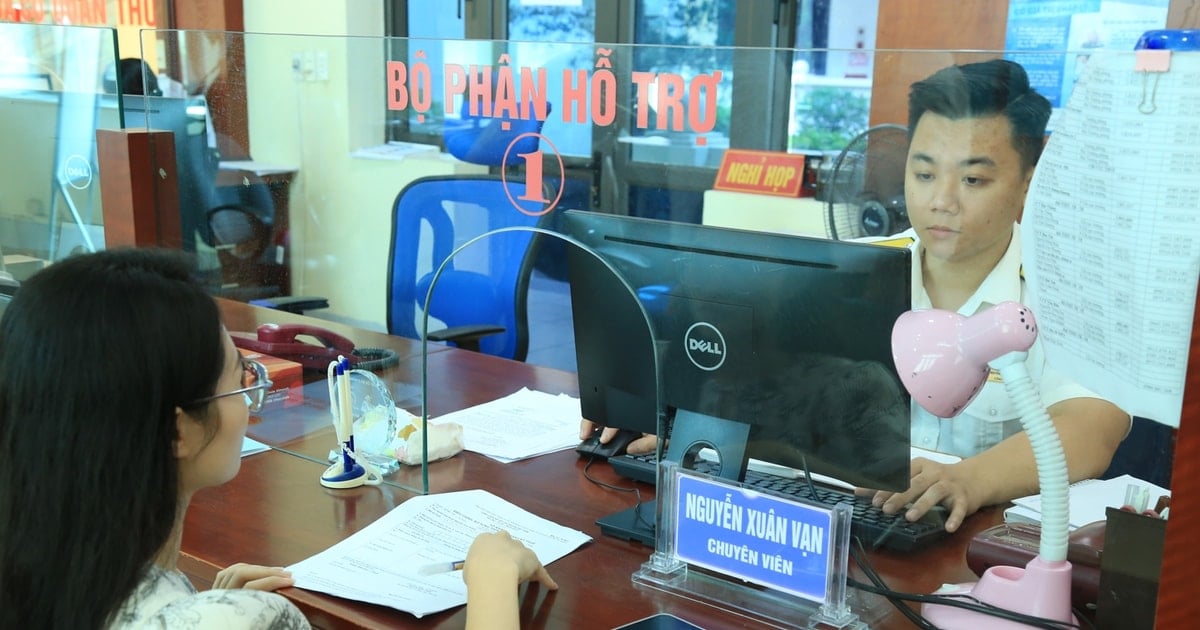

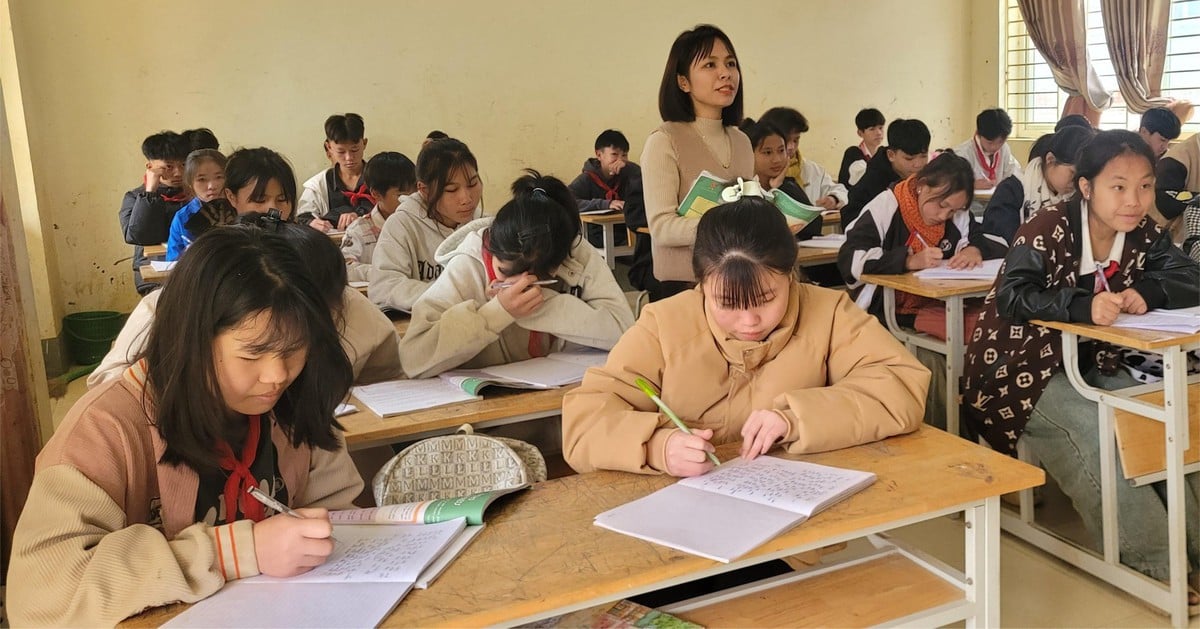


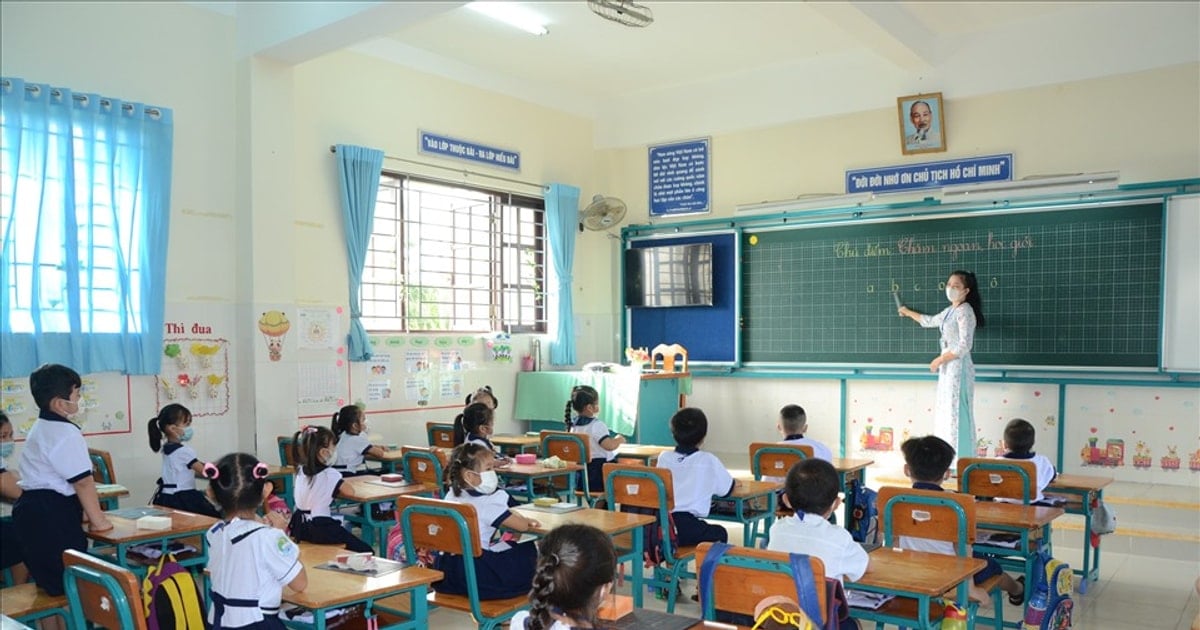
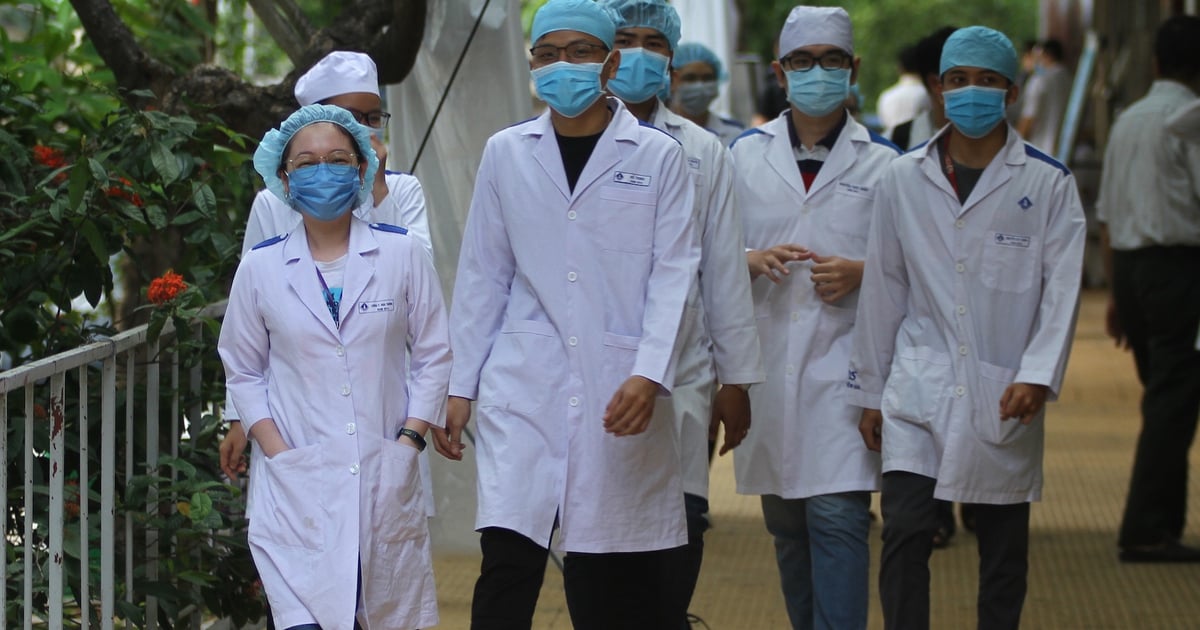

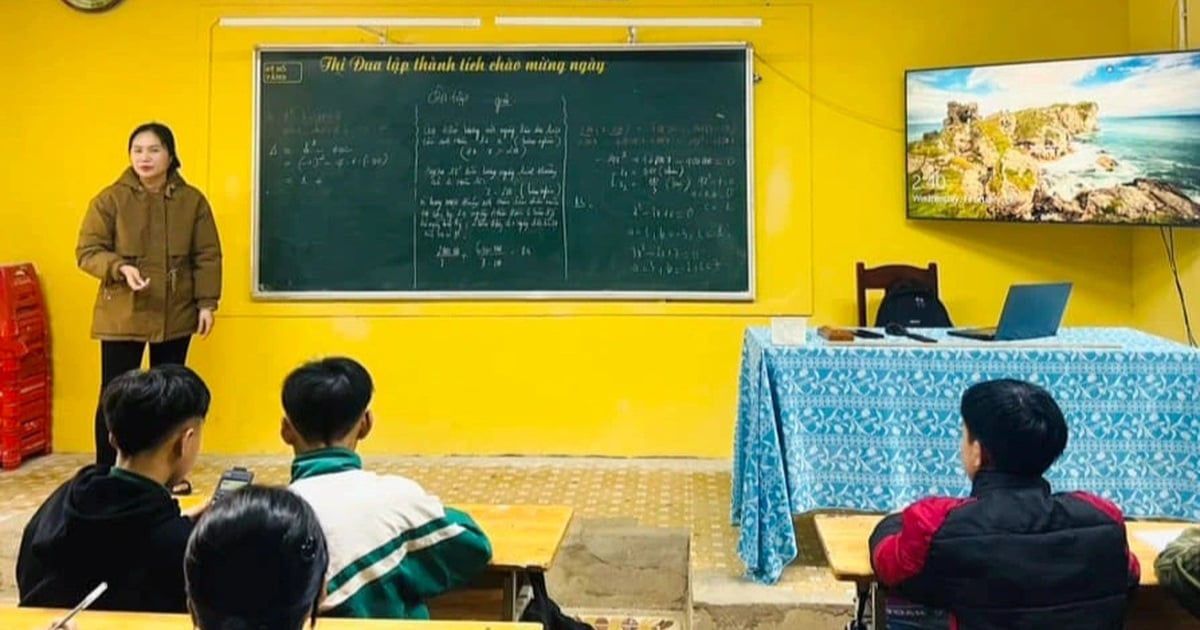






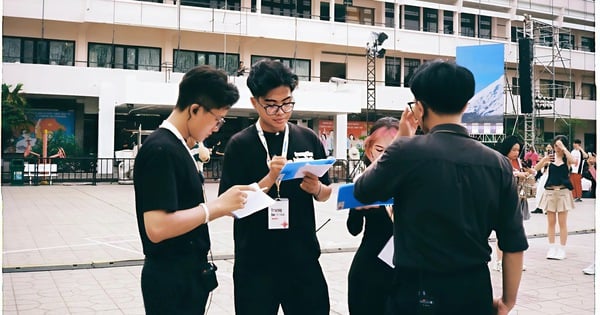





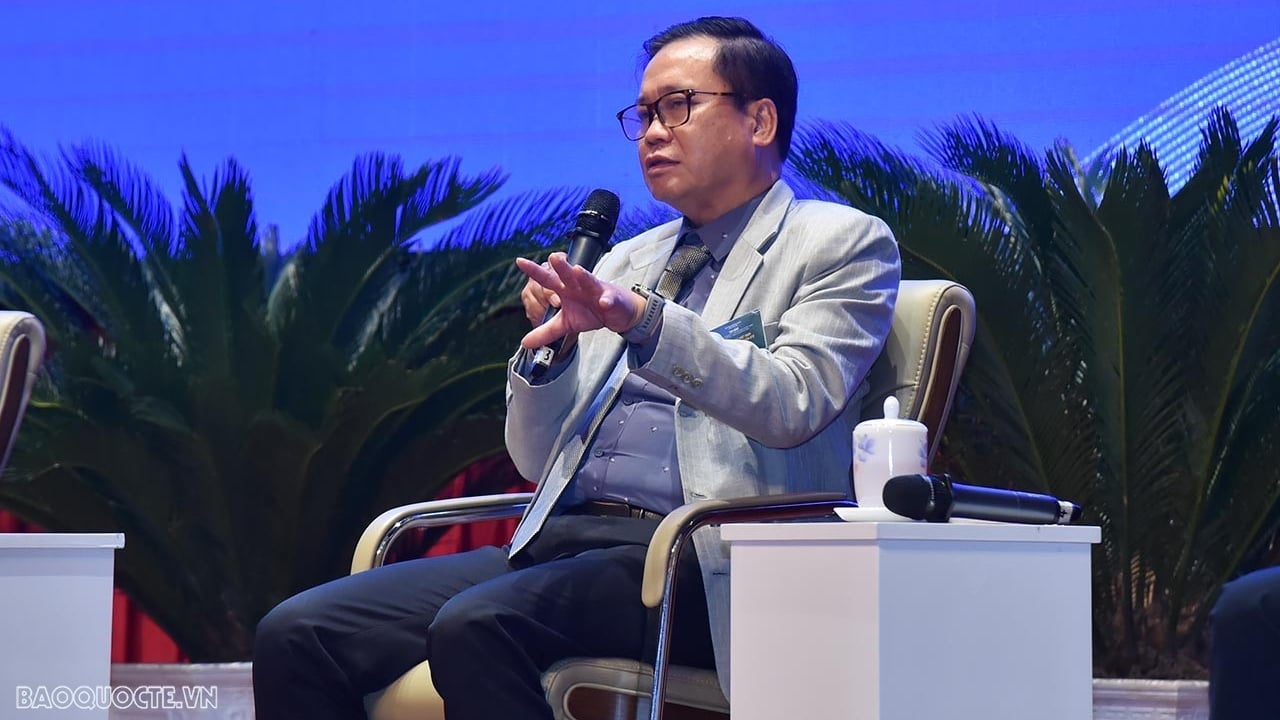

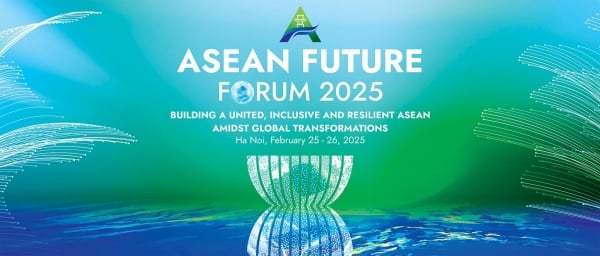




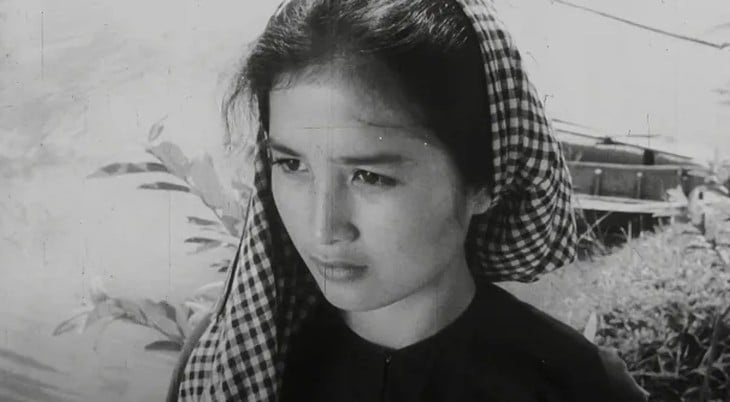



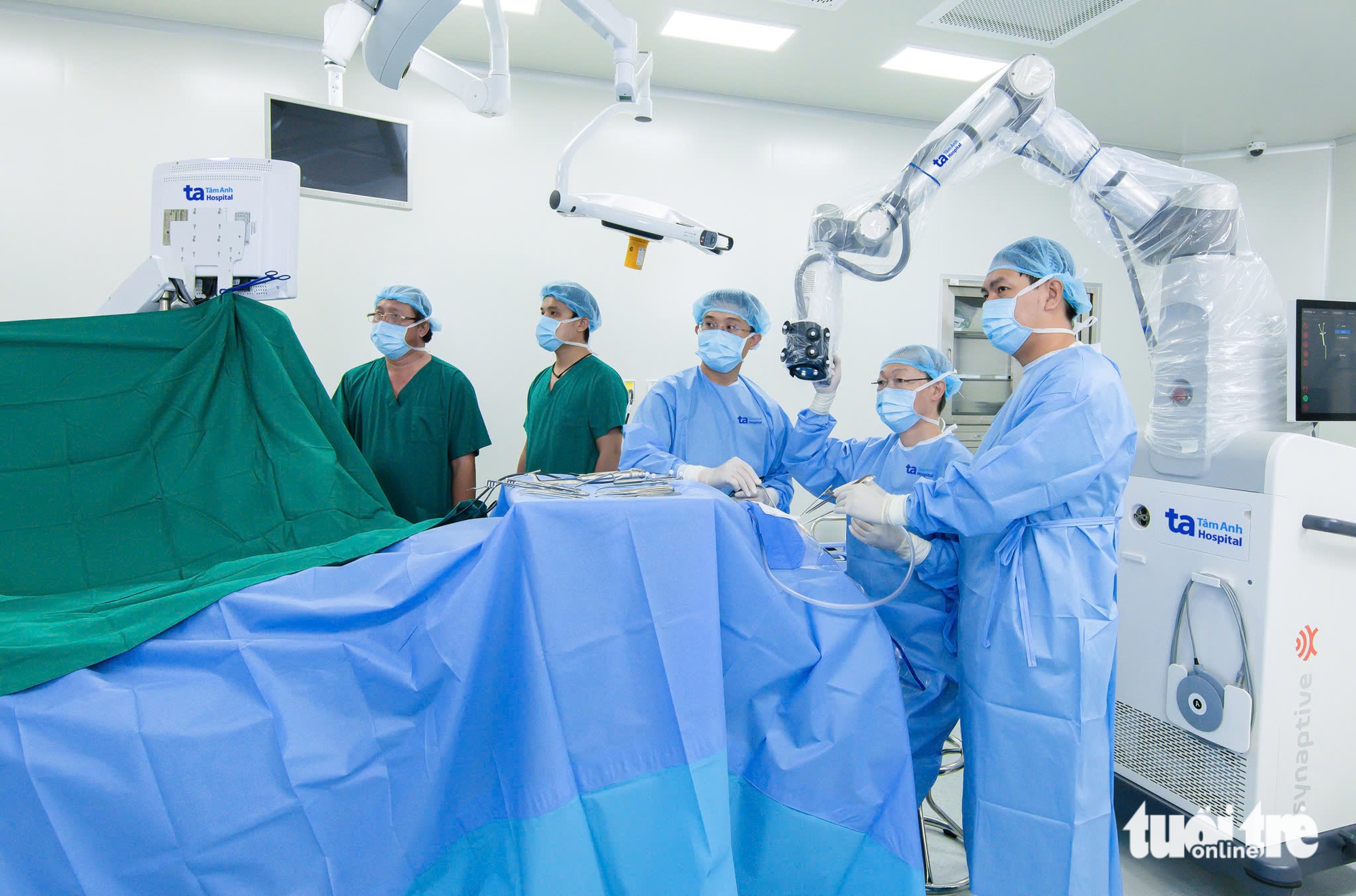

Comment (0)